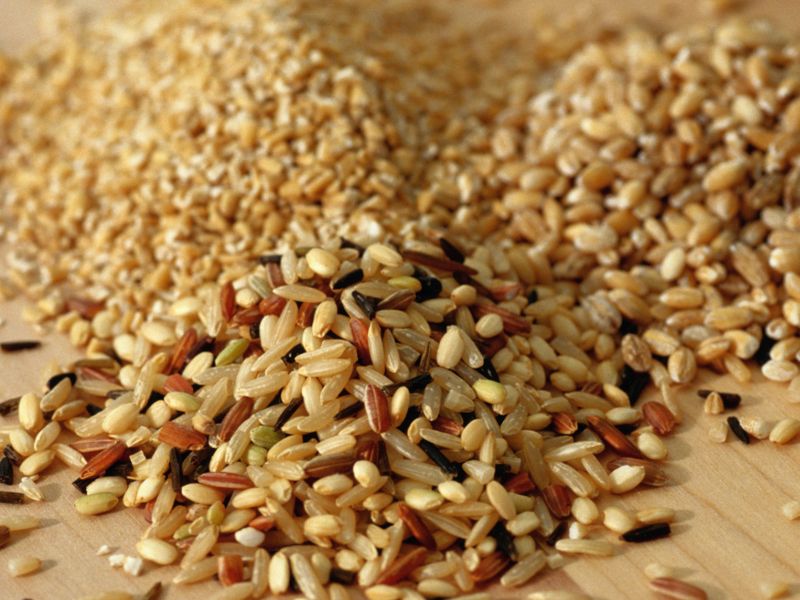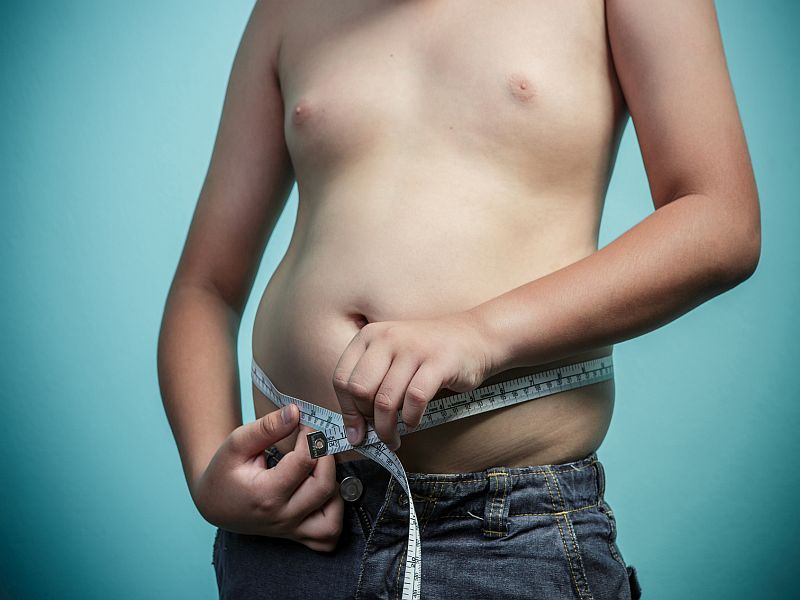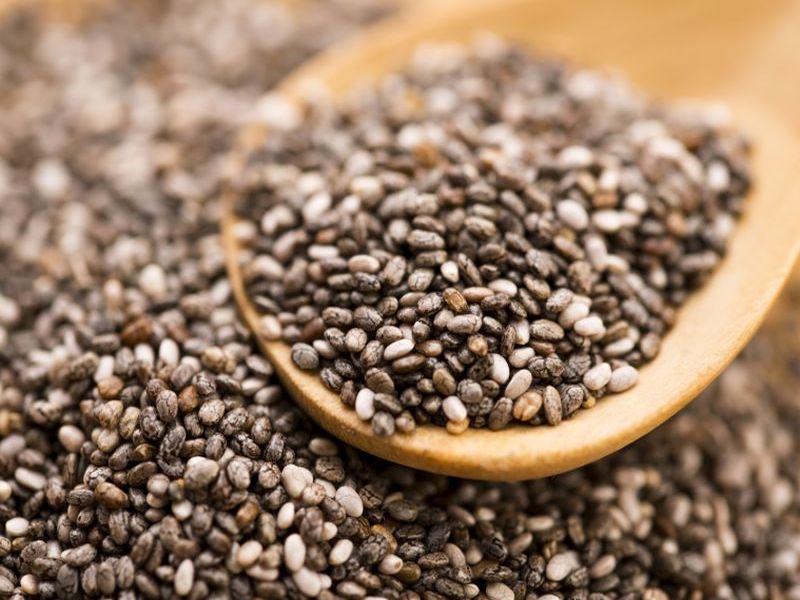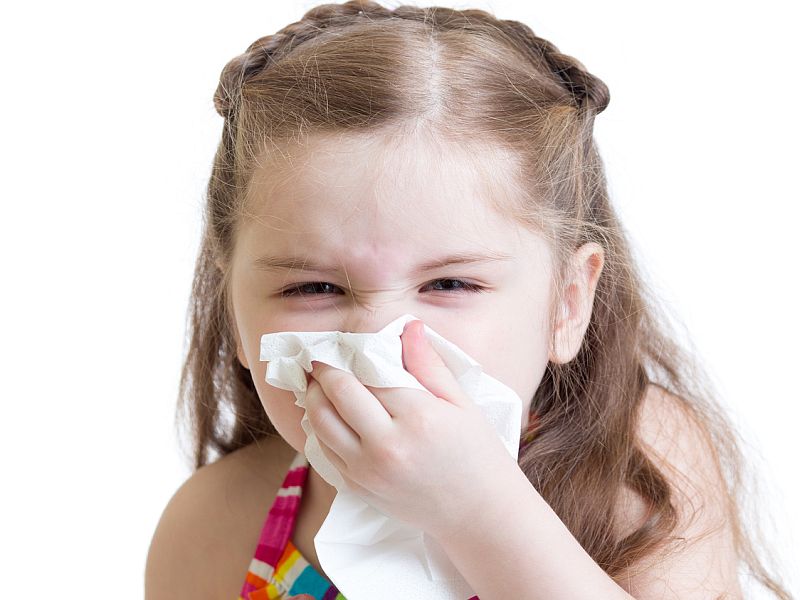
Some diets encourage fats and some advocate against them. But which is healthiest? Researchers at the Harvard T.H. Chan School of Public Health agree that there is no universally optimal amount of fat consumption. For most people who want to maintain a healthy weight and lower risk of disease, the focus should not be on… read on >





























